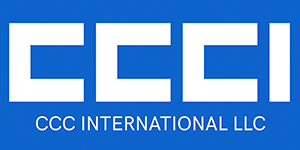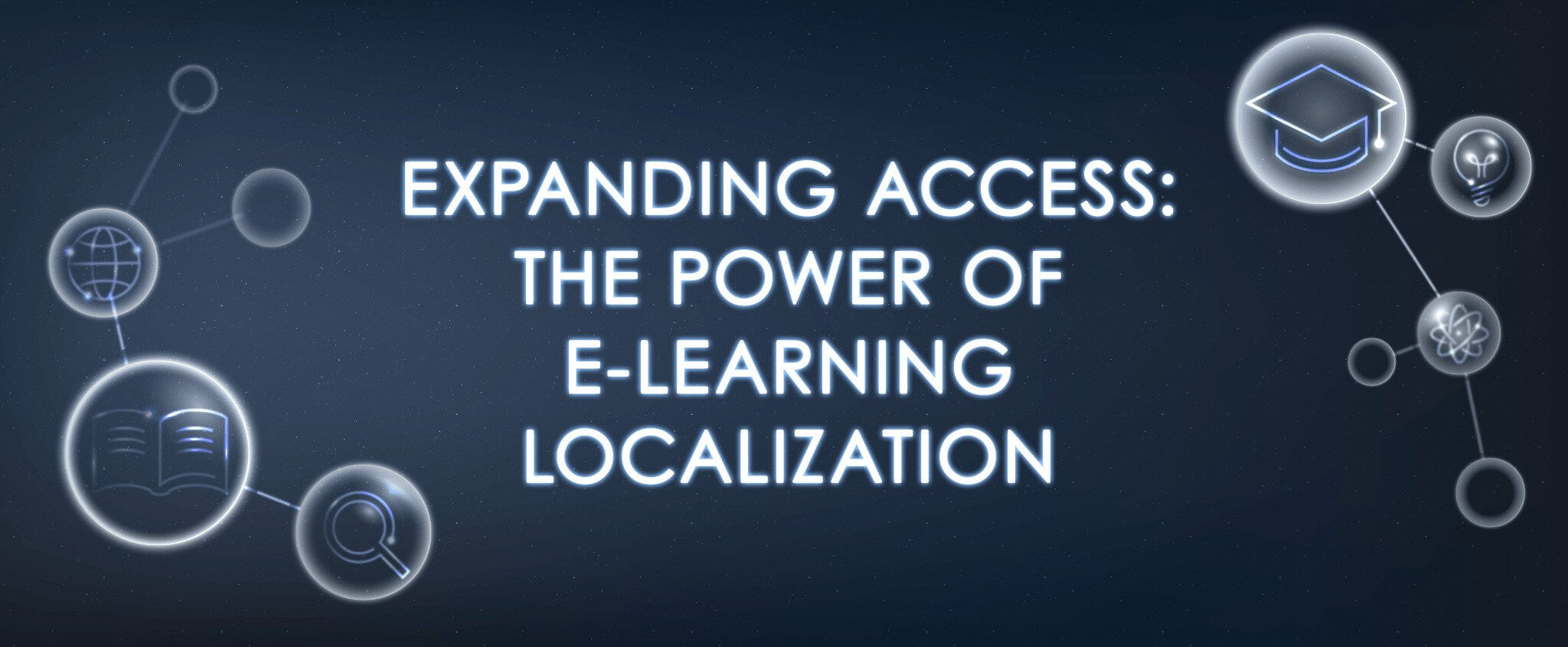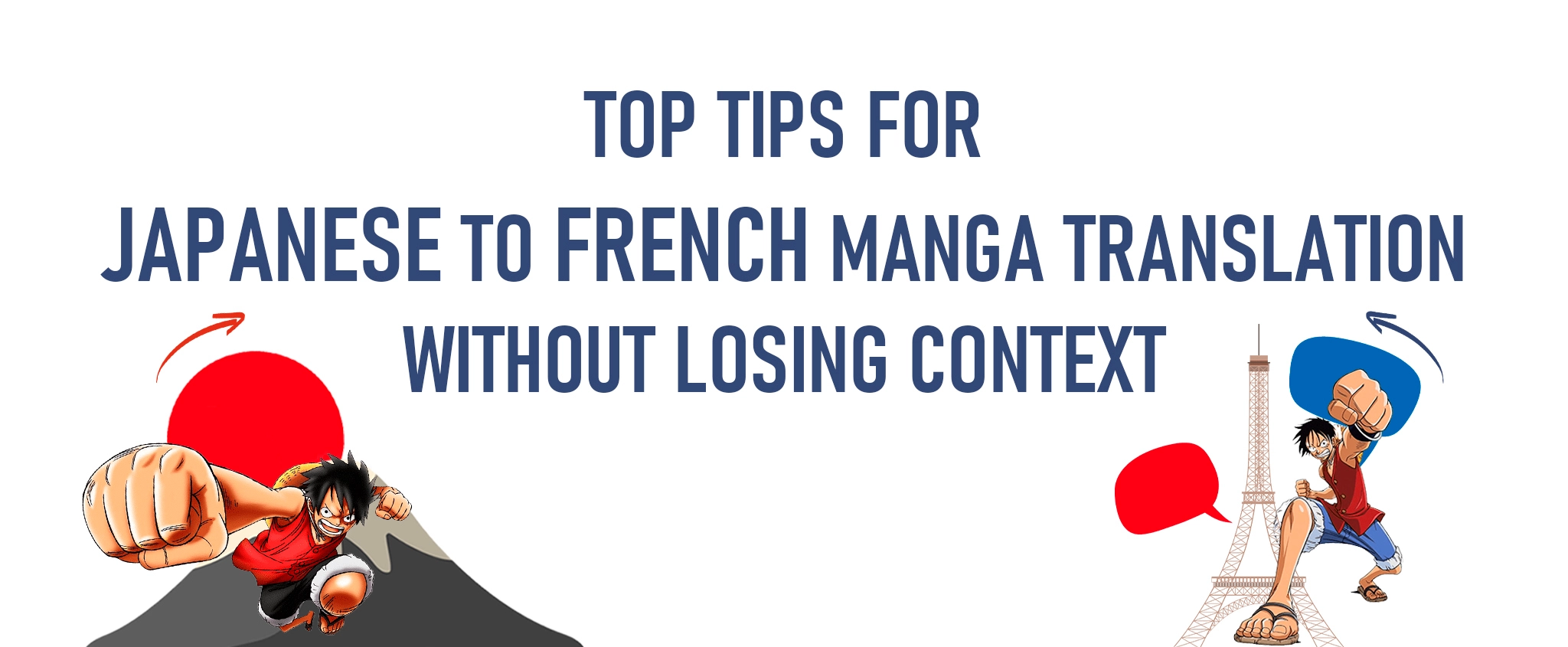Expanding Access: The Power of E-Learning Localization
With globalization and technological advancements, education’s reach has extended beyond the physical confines of classrooms and campuses, highlighting the need for e-learning localization. By harnessing the power of this process, learners in every corner of the world can access the same high-quality educational materials, breaking down geographical and linguistic barriers to knowledge.
What are e-learning localization services, and why are they crucial today? Let’s explore together!
Key Takeaways:
- E-learning localization is the process of adapting an e-learning program’s content and context to suit a specific locale or culture.
- Professional e-learning localization services include translation, cultural adaptation, and technical modifications to ensure a seamless learning experience for the target audience.
- Elearning translation services are part of localizing elearning content, not the whole process.
- Institutions and organizations can hire e-learning localization service provider to make the process efficient and effective.
Table of Contents:
- E-Learning: An Overview
- What is e-Learning Localization?
- Impact of Language Localization on Online Education
- How to Effectively Localize e-Learning Content
- CCCI – Professional E-learning Localization Services
E-Learning: An Overview
E-learning, or electronic learning, is an educational approach that leverages digital technologies to access educational curricula outside of a traditional classroom setting. It involves using a computer or electronic device (a smartphone or tablet) to deliver interactive and engaging content through various formats like videos, slideshows, and text-based lessons.
E-learning provides flexibility in learning pace and allows learners to access resources from any location, making it a convenient and effective learning method for many. The concept became popular in the late 20th century, but its growth has significantly accelerated recently, primarily due to the COVID-19 pandemic. Experts projected that the 2022 e-learning market value would surpass USD 243 billion, indicating its continuous demand and adoption worldwide.
What is e-Learning Localization?
E-learning localization refers to adapting an e-learning program’s content and context to suit a specific locale or culture. This process involves translating the language and incorporates the targeted region’s cultural nuances, societal norms, and local regulations.
For example, an e-learning program available in German would need localization for Japanese students due to their distinct dialects and cultural differences. The sequential process involves several stages, including the following:
- Analyzing the Source Content: The first step involves thoroughly reviewing and analyzing the source content to identify elements that require localization.
- Translation: The second step is translating the content. A good elearning translation services provider maintains the original message’s intent, style, tone, and context in the translated version.
Note: Translation and localization differ regarding the level of adaptation and cultural awareness required. While translation focuses on converting words from one language to another, localization goes beyond that by considering cultural sensitivities and adapting the content accordingly.
- Cultural Adaptation: This step involves adapting images, symbols, colors, and other elements with different cultural connotations in the target locale.
- Localization of Multimedia Components: This stage involves localizing voice-overs, subtitles, and graphics in videos and other multimedia elements.
- Quality Assurance: The last step is quality assurance, where the experts test localized courses for linguistic or functional errors from the learners’ perspectives.
Through localization, educators and institutions can create a seamless learning experience that feels personalized and relevant to each learner, regardless of their geographical location.
Impact of Language Localization on Online Education
The influence of language localization on online education is profound and multifaceted. Let’s delve into these impacts:
- Enhanced Learner Comprehension: The tailored approach significantly enhances learner comprehension, as they can understand the material in their language and cultural context.
- Expanding Student Reach: By localizing educational content, institutions can attract international students who may have previously been unable to access or understand the course material due to language barriers.
- Improved Learner Engagement: Localization makes learning more relatable, increasing the learner’s interest and participation.
- Increased Course Effectiveness: Localized e-learning courses cater to diverse learners. This inclusivity ensures that students meet the learning objectives more effectively.
- Higher Course Completion Rates: Learners are more likely to complete the course successfully When they fully understand and connect with the course material.
How to Effectively Localize e-Learning Content
To successfully localize your e-learning content, following a strategic approach that prioritizes quality and relevance is crucial. Here are some tips to consider:
Build a Localization Team
Localization projects require different skills and talents, from translation and language experts to cultural consultants. Building a team that understands the nuances of the target culture can result in a more effective localization process.
Pro Tip: Having a system in place guarantees efficient workflow. Assign specific roles and tasks to each team member and set clear expectations and deadlines for better coordination.
Understand Your Target Audience
An essential aspect of effective localization is a deep understanding of your target audience. This understanding encompasses their language, culture, norms, and preferences. Thoroughly research and gather insights about the audience’s demographics, learning styles, and technological capabilities to tailor your e-learning content accordingly.
Integrate Localization from the Initial Stages
Localization should not be an afterthought; instead, you should integrate it into the course development process from the onset. This proactive approach saves time and resources and ensures a smooth transition from one language to another.
Implement a Localization Style Guide
A localization style guide is a reference document to maintain consistency in terminology, writing style, tone, and visual elements. This guide helps you align your localized content with your brand image, maintain quality, and avoid confusion.
Leverage Technology
Incorporating technology in the localization process can significantly enhance efficiency and accuracy. Translation memory tools, glossaries, and terminology management systems are examples of such technologies that assist in maintaining consistency and reducing human error.
Test and Review
Once you localize your e-learning content, conduct comprehensive testing and review to ensure accuracy, contextually appropriate language, and functioning of all elements like multimedia, quizzes, and interactive features.
Hire e-Learning Localization Service Provider
Professional localization service providers bring expertise and experience that can significantly enhance the effectiveness of your e-learning content for a global audience. These individuals have the cultural knowledge and linguistic proficiency essential in translating and adapting e-learning course materials, and they’re adept at handling technical aspects.
CCCI – Professional E-learning Localization Services
At CCC International, localizing eLearning content is a core service we offer, supporting educational institutions and organizations in their efforts to expand their reach and impact. With a team of skilled linguists and subject matter experts, we provide end-to-end localized e-learning solutions tailored to meet your specific needs.
CCCI has over 30 supported languages, including French, Spanish, Mandarin, and Arabic, making us well-equipped to handle multilingual translation projects. We use the latest tools and technology and offer comprehensive testing and review services to guarantee a high-quality final product.
We believe that localization should enhance, not hinder, the learning experience. Our team is ready to help you share knowledge with global audiences. Contact us today!






